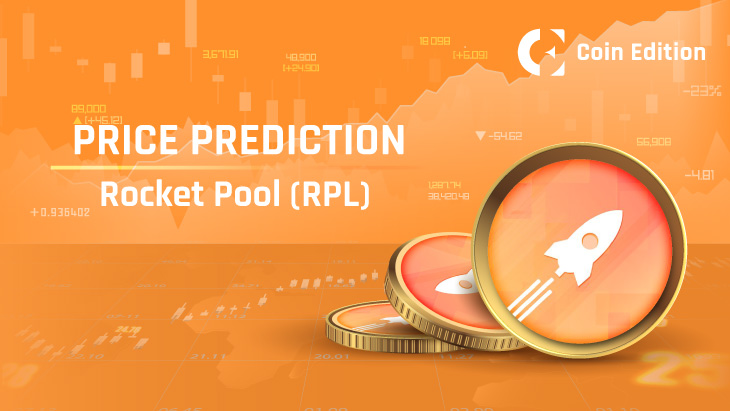- Cardano founder Charles Hoskinson recently explained why his blockchain won’t be affected if the SEC bans staking.
- Hoskinson used references from the SEC’s recent settlement with Kraken to point out key differences.
- The Cardano founder recently called out Ethereum amid the ongoing debate about staking being regulated securities.
Charles Hoskinson, the man behind Cardano, took to Twitter earlier today to address Kraken’s $30 million settlement with the Securities and Exchange Commission (SEC) recently. The crypto exchange had to shut down its staking services for American clients as part of the settlement.
Hoskinson addressed several concerns including the impact of this settlement on Cardano and the fate of staking in the US. During his live stream, the Cardano founder listed several key differences between the staking program of his blockchain and the one offered by Kraken, to reassure his community.
The first was the token burn mechanism that the SEC described in the settlement with Kraken. Hoskinson highlighted the fact that his protocol had no token burning or slashing mechanism in place. He added that Cardano’s staking payments were automated by the protocol, unlike Kraken’s staking program.
Furthermore, Cardano had a minimum staking requirement, unlike Kraken where “no staking minimums” were advertised. According to the SEC’s complaint, Kraken’s staking rewards were determined by the websites, not by the underlying blockchain protocol. Charles Hoskinson pointed out that with Cardano, there are staking certificates in place and protocol determines returns in a transparent and non-custodial manner.
According to Hoskinson, another major differentiator was the custodial nature of Kraken’s staking program, where interested investors transferred eligible crypto assets to the program. Furthermore, the staking program offered by Kraken set aside a portion of the crypto assets deposits for staking, as a liquidity reserve.
This essentially meant that the assets were locked. The highest returns for Cardano staking come from private pools, as opposed to Kraken where investors stood to make more in the form of regular rewards.
In light of the ongoing debate regarding the secretary status of staking products offered by centralized and DeFi operators, Charles Hoskinson called out rival blockchain Ethereum.
“Ethereum staking is problematic. Temporarily giving up your assets to someone else to have them get a return looks a lot like regulated products. Locking funds, encouraging centralization, and poor protocol design hurt the whole industry,” he tweeted last week.
Disclaimer: The information presented in this article is for informational and educational purposes only. The article does not constitute financial advice or advice of any kind. Coin Edition is not responsible for any losses incurred as a result of the utilization of content, products, or services mentioned. Readers are advised to exercise caution before taking any action related to the company.







